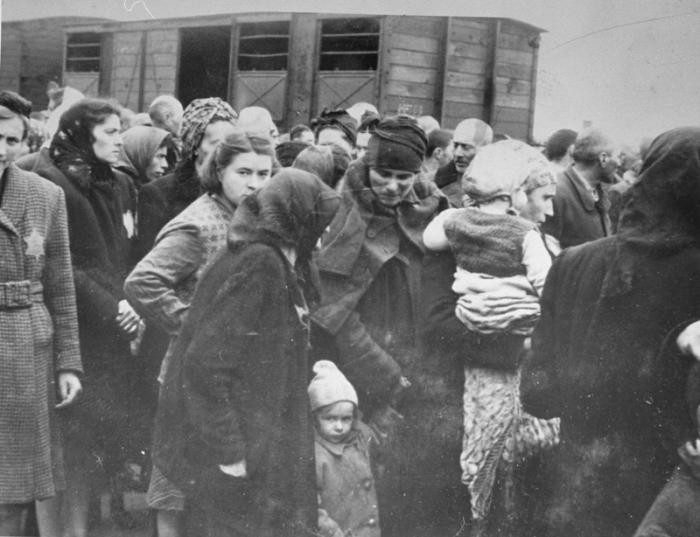The Holocaust, also known as the Shoah, was a tragic period in history where six million Jews were systematically persecuted and killed by the Nazi regime during World War II. This dark chapter was the result of years of anti-Semitic policies and propaganda in Germany, ultimately leading to the implementation of the “Final Solution” – the mass murder of European Jews. Despite the horrors of the Holocaust, there were acts of resistance and rescue, showcasing the courage and humanity of individuals in the face of overwhelming evil. The legacy of the Holocaust serves as a reminder of the consequences of hatred and discrimination and calls for a commitment to a more just and compassionate world. Let us never forget the atrocities of the Holocaust and work towards ensuring such tragedies never happen again.
The Holocaust, also known as the Shoah, was the systematic persecution and genocide of six million Jews by the Nazi regime led by Adolf Hitler during World War II. This dark chapter in history saw the implementation of various policies and programs designed to eradicate the Jewish population in Europe, as well as other minority groups considered undesirable by the Nazis.
Background and Rise of Nazi Germany
The Holocaust did not happen overnight, but rather was the culmination of years of anti-Semitic rhetoric and legislation in Germany. The Nazi Party, led by Adolf Hitler, came to power in 1933 and quickly began implementing policies that targeted Jews, such as boycotts of Jewish businesses and the passage of the Nuremberg Laws, which stripped Jews of their civil rights.
As Hitler’s power grew, so did the persecution of Jews. Kristallnacht, or the Night of Broken Glass, in 1938 saw the destruction of Jewish homes, businesses, and synagogues throughout Germany and Austria. Many Jews were arrested and sent to concentration camps, where they were subjected to harsh conditions and forced labor.
The “Final Solution”
In 1941, as Germany invaded the Soviet Union, the Nazis began to implement what they called the “Final Solution” to the Jewish question. This plan involved the systematic murder of all Jews in Europe. The decision to exterminate the Jewish population was made at the Wannsee Conference in January 1942, where high-ranking Nazi officials discussed the logistics of mass murder.
The Nazis established six extermination camps in Poland, including Auschwitz, Treblinka, and Sobibor, where millions of Jews were gassed to death in gas chambers. These camps were part of a network of concentration camps where Jews were also subjected to forced labor, starvation, disease, and other forms of torture.
Resistance and Rescue
Despite the overwhelming odds against them, some Jews and other prisoners in the camps organized acts of resistance, such as sabotage and uprisings. One of the most famous examples of this was the Warsaw Ghetto Uprising in April 1943, where Jewish fighters held off German forces for nearly a month before being defeated.
There were also individuals and organizations who risked their lives to rescue Jews from the Nazis. These “Righteous Among the Nations” provided hiding places, forged identity papers, and helped Jews escape to safety. Among them was Oskar Schindler, a German businessman who saved over a thousand Jews by employing them in his factories.
Legacy and Remembrance
The Holocaust ended in 1945 with the defeat of Nazi Germany, but its impact continues to be felt to this day. The six million Jews who perished in the Holocaust, as well as millions of others who were targeted by the Nazis, are remembered in memorials, museums, and educational programs around the world.
The Holocaust serves as a stark reminder of the dangers of unchecked hatred and discrimination. It is a testament to the resilience of the human spirit in the face of unimaginable evil, and a call to action to prevent such atrocities from ever happening again.
As we reflect on the horrors of the Holocaust, let us remember the lives lost and the lessons learned. Let us honor the memory of those who perished by working towards a more just and compassionate world, where all people are treated with dignity and respect. Let us never forget the Holocaust, and never again allow such a tragedy to occur.













